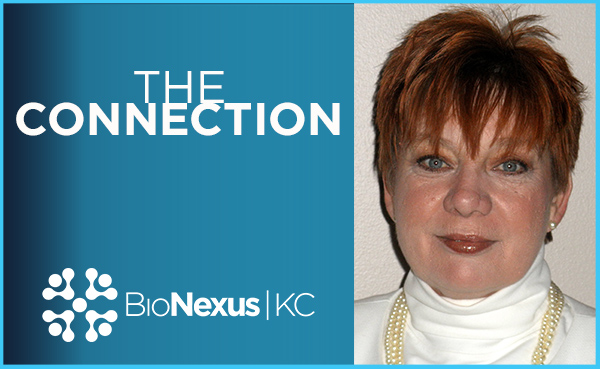
Medical treatment is in a golden age. Health records are available on demand and thanks to continued medical innovation and the use of big data to drive value-based approaches, patient outcomes are continuously improving. However, one consistent obstacle to positive outcomes in medical care can be a breakdown in communication. This can range from patients not effectively communicating their medical history to health care experts to doctors not conveying treatment plans in a translatable way. Deborah Sisco, Manager of Patient Advocacy and Engagement at University Health (UH), is tackling communication barriers daily and has made it her mission to elevate the patient’s voice and inspire a cultural change.
The mission is simple: move the organization to a culture of patient inclusion and consideration during the decision-making process. In her role, Sisco has formed several committees, including the Patient Family Advisory Council. These groups set goals on how to involve patients in their own care with an emphasis on families and caregivers. Sisco says the execution of these committees is constant and collaborative. “Collaboration is the only way to do this work because I certainly don’t have all the answers,” Sisco said. “I think that is how you get the best work, by representing all different angles. Often, people bring something to your attention that you had never even thought about.”
Sisco had a winding road to this role in the healthcare space. She was raised in a military household, enlisted in the service, and imagined a military career before she was the victim of a knife attack outside of her workplace. The incident led to a medical discharge and a turn to education, where she taught children with behavioral disorders and eventually became the principal of an alternative school. Although traumatic and life-threatening, she would not take back the assault. “It framed my life, and I was able to help a lot of kids who thought that I was June Cleaver until they learned some of the things that I had been through,” she said.
Her personal experience as a patient and a caretaker has given her a well-rounded perspective. She managed her mother-in-law’s end-of-life care. “There is a lot of research out there that shows care is safer and people are healthier when they are engaged,” Sisco said. “Through the feedback received from the patient advisory committees, we are adjusting how we communicate with patients and caretakers. A doctor can say to me, ‘Okay, you need to lose 20 pounds,’ but we want to get to a point where they also ask, ‘How are you going to get a little more exercise? Are you going to walk your dog? Take a lap around the block. Get on an exercise bike? What do you want to do?’ This approach to care encourages the patient to get involved, respects what they feel they can do, and helps them to partner with doctors to meet that goal.”
Sisco advises all patients and caretakers to understand that their voice matters and advises them to speak up, ask questions, and know they have a right to ask about what they don’t know. “I feel blessed to work with so many people at UH who champion for patients, families, and caregivers.” This culture shift is underway, and she hopes that this will be a bright example for other hospitals across the country.